WHAT YOU NEED TO KNOW TO UNDERSTAND AND REDUCE YOUR RISK.
Have You Planned Your Heart Attack?
"This book could save your life, or the life of someone close to you...
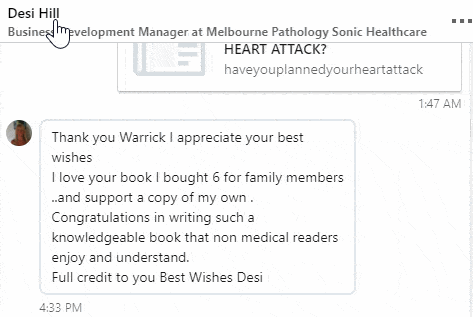
WHAT YOU NEED TO KNOW TO UNDERSTAND AND REDUCE YOUR RISK.
#1 International Best Seller with over 20,000 copies in print
Kathryn talks about how the book helped her family members recently...
What This Book Is All About:
Don't Guess About Your Risk of Heart Attack!
What if the Single Biggest killer in the Western World Was Lurking Inside of You?
Don't rely on outdated risk calculators created decades ago.
It's Simply Not Good Enough!
According to the Heart Foundation about 55,000 Australian's suffer from a heart attack every year. There is better way to prevent this from happening.
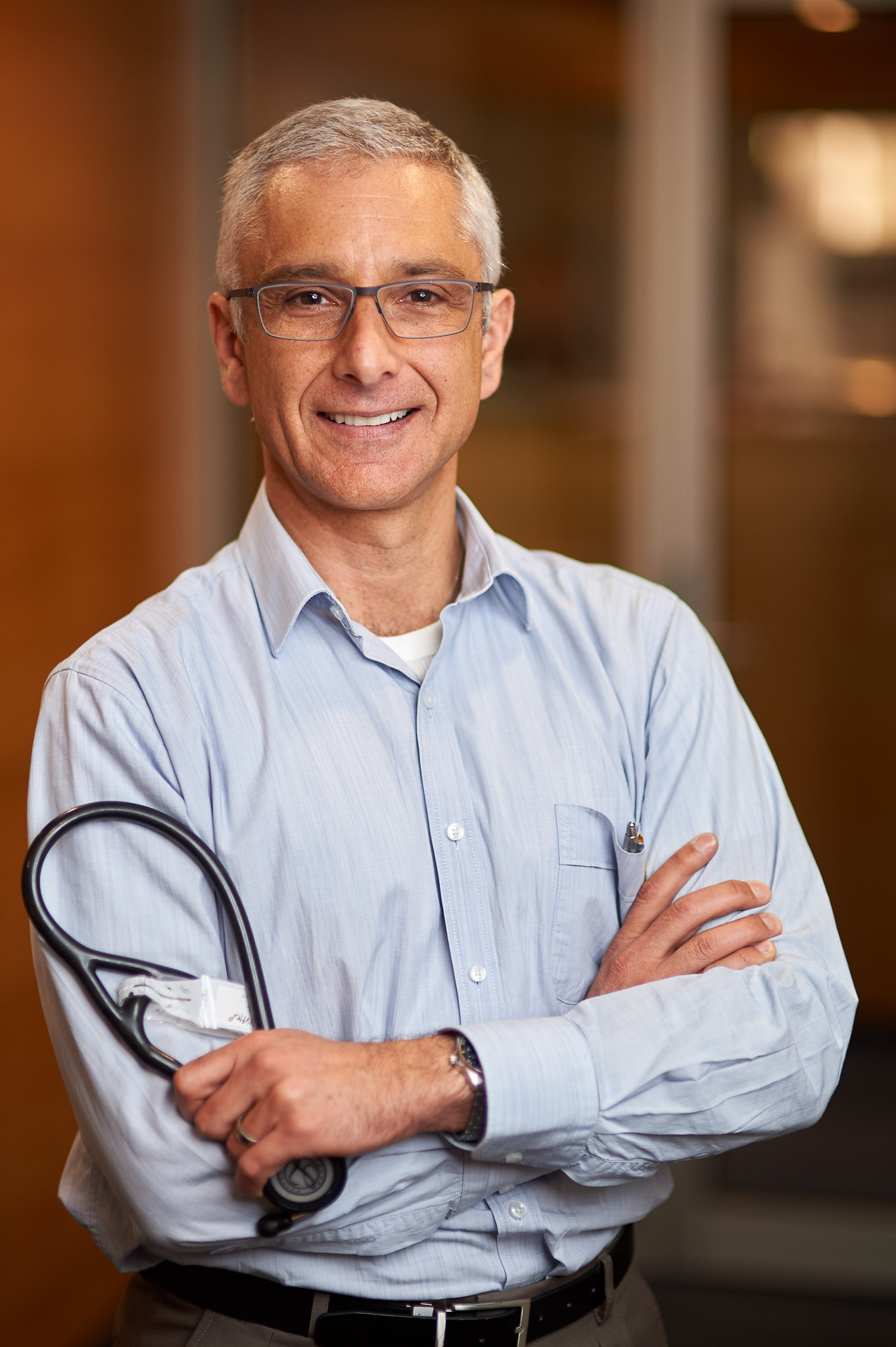
ABOUT DR WARRICK BISHOP
Warrick Bishop is a practicing cardiologist with an interest in cardiovascular disease prevention and a special interest in cardiac CT imaging, lipid management and eating guidelines.
He graduated from the University of Tasmania, School of Medicine in 1988. He worked in the Northern Territory and subsequently commenced his specialist training in South Australia. He completed his advanced training in cardiology in Tasmania, becoming a fellow of the Royal Australian College of Physicians (RACP) in 1997.
He has worked predominantly in private practice, combined with public sessions. In 2009 Warrick undertook training in CT Cardiac Coronary Angiography, being the first cardiologist in Tasmania with this specialist recognition. This area of imaging fits well with his interest in preventative cardiology. He holds level B certification with the Australian Joint Committee for CCTA and is a member of the Society of Cardiac Computed Tomography. Warrick is also a member of the Australian Atherosclerosis Society (AAS) and a participant on the panel of ‘interested parties’ developing a model of care and national registry for familial hypercholesterolaemia (FH). He has also developed a particular interest in diabetic-related risk of coronary artery disease, specifically relating to eating guidelines and lipid profiles.
Warrick is an accredited examiner for the RACP and is regularly involved with teaching medical students and junior doctors. He has worked with Hobart’s Menzies Institute for Medical Research on projects in an affiliate capacity and is recognized by the Medical School of the University of Tasmania with academic status.
For more than a year, Warrick has been a member of the Clinical Issues Committee of the Australian Heart Foundation, providing input into issues of significance for the management of heart patients.
In his free time Warrick enjoys travel and music with his wife, and surfing and playing the guitar with his children.
What People Are Saying:
"... I applaud you in writing this book. You cover an extremely important topic as one in two people will have coronary vascular disease and one in three will die from it."
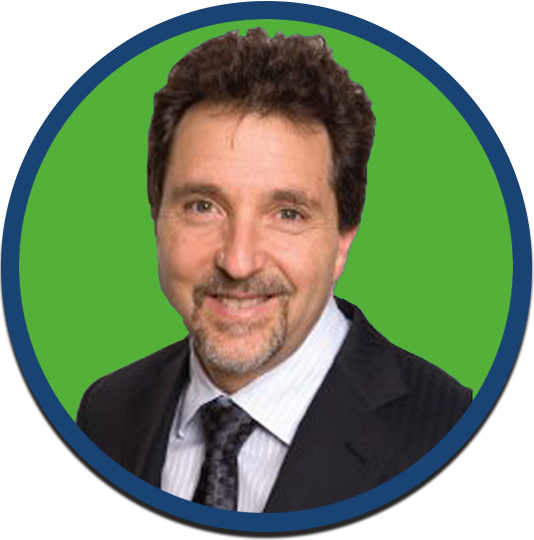
The deficiencies of currently endorsed risk evaluation strategies are well known – risk can be under-predicted by up to 57 percent in high-risk groups and over- predicted by up to 287 percent in low-risk groups.
Dr Daniel Friedman
"...We have unprecedented opportunities to look earlier and safer into our coronary arteries."
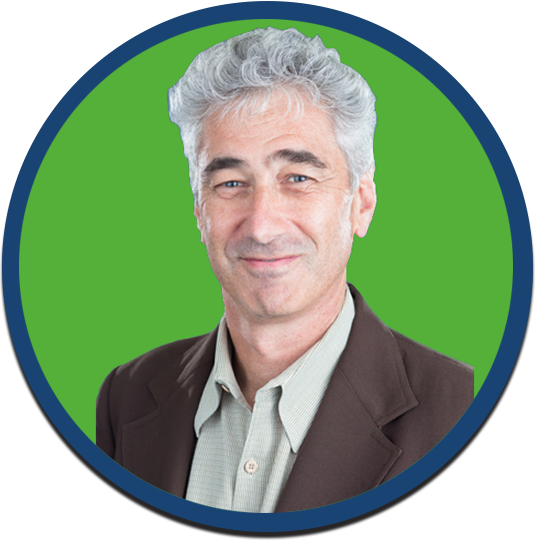
The benefits of reading this book will only be limited by it’s readership. It is so hard to find an accurate, easy to understand book, that is so applicable to almost all of us. If I can ask you to do one favor to save a life, it is to pass along this book to someone else who can act on it once you are done.
Matthew Budoff MD
"...Indeed, what drew me to Dr Bishop was that he specialises in looking inside the working heart."
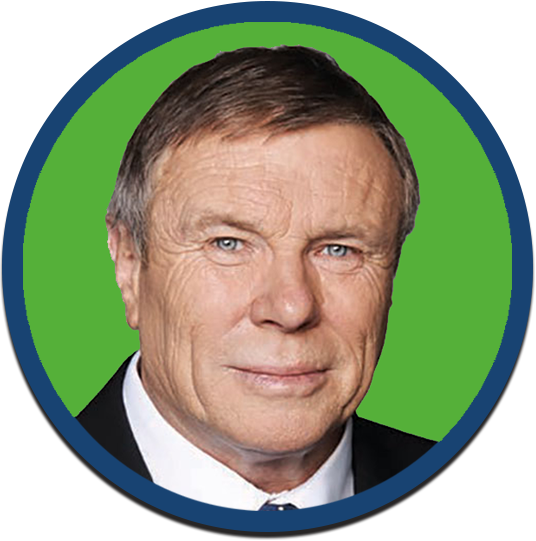
The bad news is, that in Australia, heart failure is the cause of more than 30 percent of deaths every year and most of these are due to coronary heart disease. This book confronts that stark reality in a readable, informative and practical way. Are we, by diet and lifestyle, our own worst enemies? Or are we hapless victims of a cruelly indifferent genetic lottery? And the harder question: in either of those alternatives, what can we do about it?
Charles Wooley
Connect With Doctor Warrick: